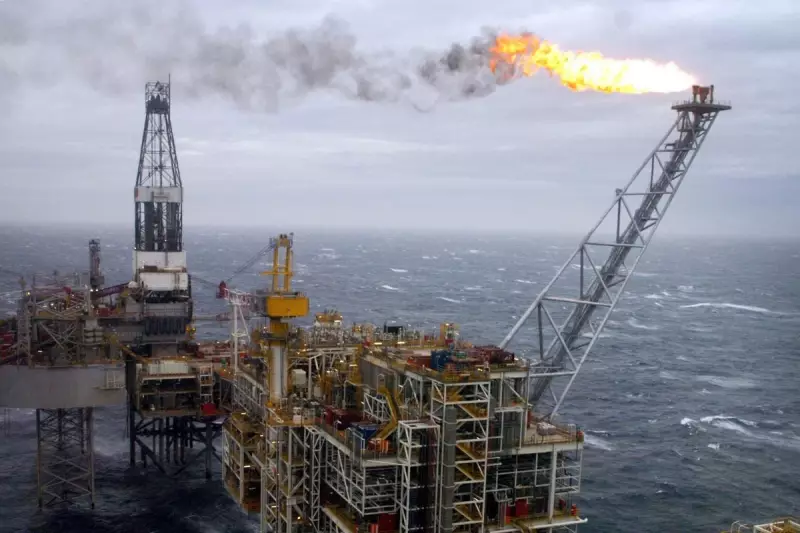
Former US President Donald Trump has launched a blistering attack on Britain's new Prime Minister, Keir Starmer, vowing to derail one of the Labour government's flagship energy policies if he returns to the White House.
The Republican presidential candidate issued a stark warning, pledging to block Sir Keir's plan to halt all new North Sea oil and gas licences. The dramatic intervention threatens to ignite a major diplomatic row between the UK and its closest ally.
A Transatlantic Energy Clash
In an exclusive statement to The Independent, Mr Trump condemned the ban as a "disaster for British workers and consumers," framing it as a reckless move that would cripple the UK's energy security and hand an advantage to foreign suppliers.
"Sir Keir Starmer is killing the North Sea," Trump declared. "He has abandoned the region's workers and is willingly sacrificing the UK's energy independence. We will be saying no to Starmer. We will be saying no to Britain."
The Stakes for the UK Economy
The Labour government's policy, a key part of its green energy transition, aims to accelerate the shift to renewables by ceasing to issue new licenses for fossil fuel extraction in the North Sea. However, critics argue it could lead to:
- Increased reliance on imported energy from foreign state-owned companies.
- Mass job losses in Scotland and the north-east of England.
- Higher energy bills for UK households and businesses.
- A weakening of the nation's strategic energy security.
Trump's threat suggests he would leverage US influence to oppose the policy on the global stage, potentially undermining one of Sir Keir's central economic and environmental pledges.
A Preview of Diplomatic Tensions?
This fiery salvo offers a potential preview of the strained relations that could define the UK-US partnership should Trump win November's presidential election. It signals a willingness to directly challenge and publicly criticise the policy decisions of a key NATO ally.
The confrontation sets the stage for a high-stakes transatlantic standoff, pitting the new Prime Minister's domestic agenda against the economic nationalism of a potential future US president.





